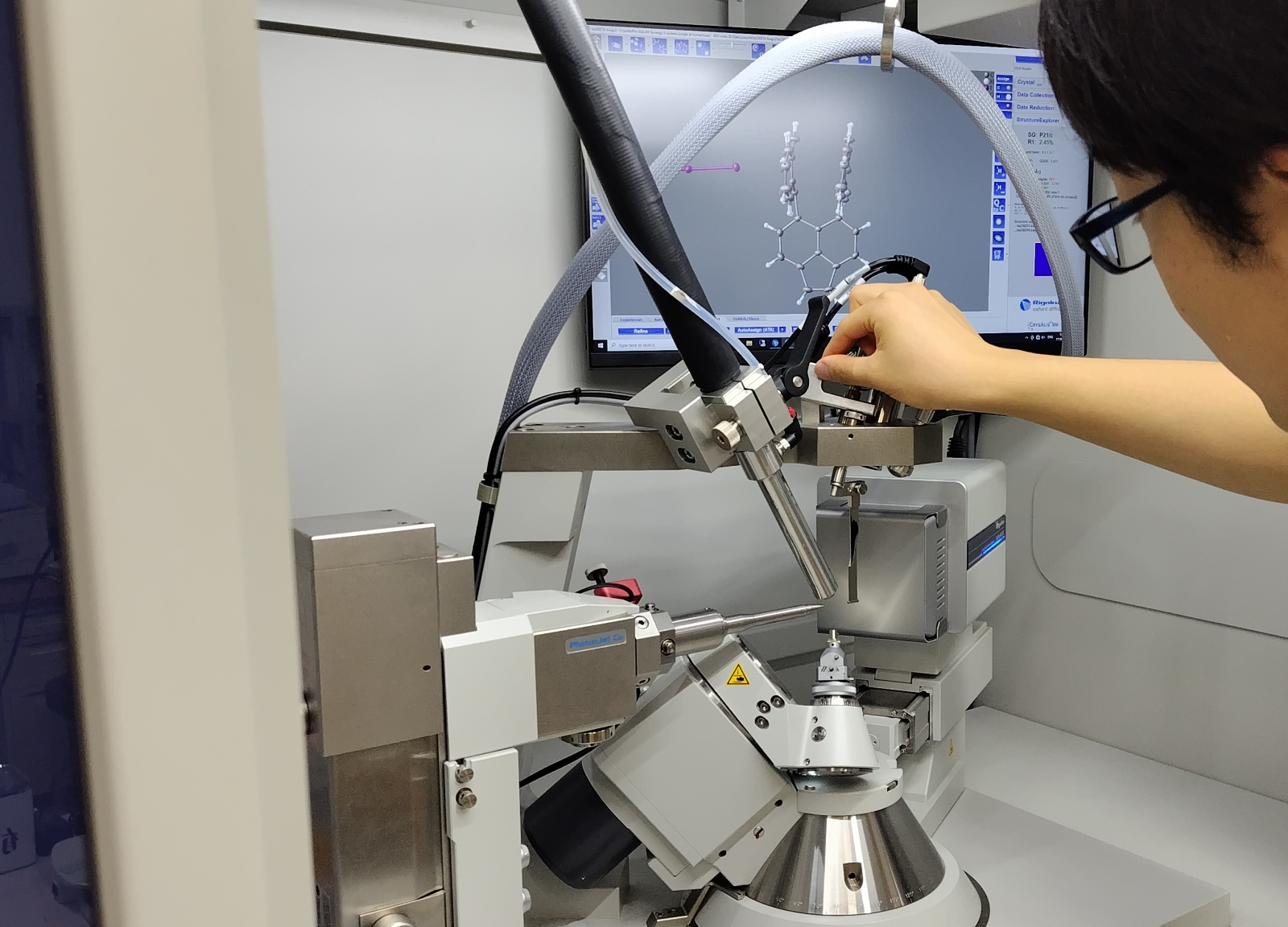An epidemic of politics, this is what plagues science in many countries around the world, even in mature democracies like the United States and Italy. In the U.S., President George Bush has strongly interfered with the freedom of scientific research. The same thing happened in Italy in several historical periods: immediately after the Unification of Italy, during Fascism and in the last two decades.
In an article written with Gilberto Corbellini and published in the journal EMBO (see Annex) we took stock of these interferences with the freedom of scientific research. In Italy the cases where ideology and politics have heavily interfered with science are fairly well known: the multi-drug therapy of Di Bella (1997), in which an alleged anti-cancer treatment found sponsors even among magistrates and the political parties of the center-right; the testing ban on transgenic plants by the center-left minister Pecoraro Scanio, later confirmed by the center-right minister Zaia; the attempt to remove the teaching of evolution from primary schools by the center-right Minister Moratti ( 2003); Law 40 (2004), which prohibits the derivation of embryonic stem cells (also from surplus embryos destined for destruction) and even pre-implantation diagnosis and embryo freezing (measures that were subsequently partly cancelled by a ruling of the Constitutional Court six years later).
In addition to these facts, which should deserve careful consideration by the international community, there is the chronic enslavement of many scientific institutions to the world of politics, which often directly appoints the heads of scientific institutions as well as the recipients of research funding, without any peer review procedures. Even in the rare cases where a commission was called to judge the projects, the members of the commission allocated the funds to themselves.
In this regard, how can we forget about the opposition made by the center-right government to the establishment of the European Research Council (ERC) because it escaped political control; or the funding granted without peer-review for the studies on the AIDS vaccine by Barbara Ensoli of the ISS (Istituto Superiore della Sanità), judged by her international colleagues as too generous in relation to the scientific soundness of the protocol (2007); or the exclusion decided by the Ministry of Health of any research on human embryonic stem-cells (2009). And so on.
If Italian scientists want to have a leading role in contributing to the shaping of future society they must actively demand a system of allocation of public funding based on principles of transparency and competitiveness, while scientists who obtain benefits from their subservience to the political world must be pointed out as negative examples to the public opinion. With this article we hope to attract the attention of the international audience and to raise its awareness on this issue so that it may act in defense of Italian research, which is subject to censorship, the manipulation of facts and the lack of a fair and transparent system of evaluation.
Read this article on Embo


